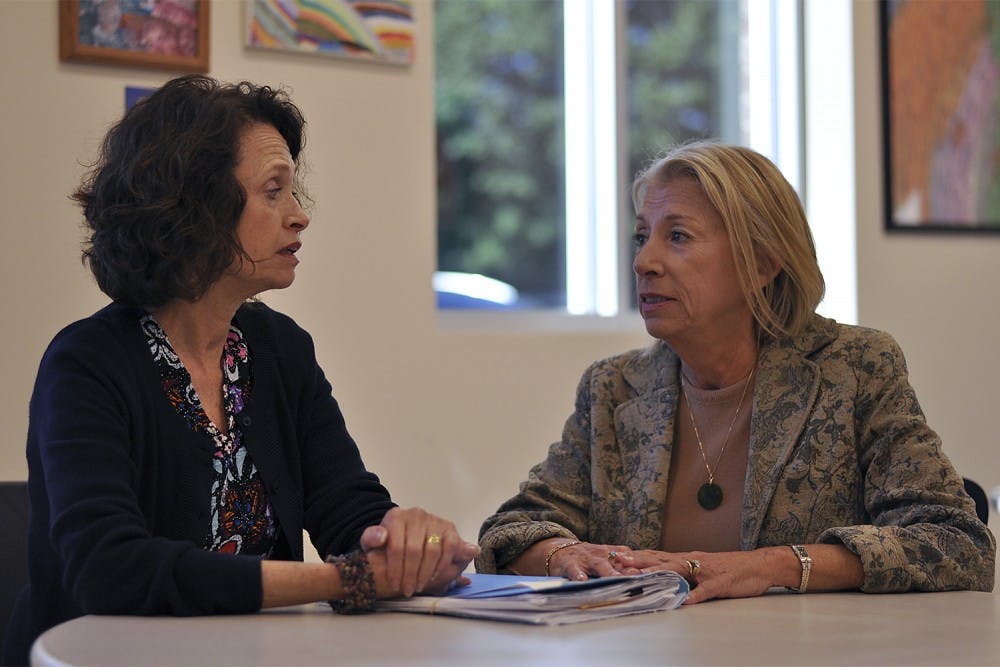At Wake Tech Community College, Michele Hall, director of adult basic education, said the classes offered to students in the program no longer distinguish between students who have disabilities and those who don’t.
Still, students in the adult basic education program cannot get curriculum credit — or credits toward a degree — for the classes they take. Wake Tech plans to begin offering a curriculum pathway in August 2015.
States that have seen the success of North Carolina’s alliance are asking for help, including Tennessee, which has created a similar alliance. Education leaders in Georgia reached out to the Carolina Institute for Developmental Disabilities in September to look at forming a collaborative organization with nearby states.
Nicole Worley, coordinator of adult basic education classes at Sandhills Community College in Pinehurst, said the alliance has been her go-to source for information, which she shares with students’ parents.
“I’ve let them know that we can expect more from these students, and that we have to expect more,” Worley said.
Part of Sandhills’ push to expect more from students includes doing away with the compensatory education model, which put them in separate learning environments that focused less on academics and career skills.
“Compensatory education was revolutionary when it first started, because nowhere else had anything on a college campus for (students with) intellectual and developmental disabilities,” she said. “But they were segregated opportunities ... times have changed a lot in the last 15 years.”
Zuver said one of the most inclusive programs in the state is the College of the Albemarle’s Pathways to an Accessible College Experience program — which allows students to take classes with traditional students and to take on internships with community partners.
“These students just want to be a part of everything,” said program coordinator Mandy Earnest. “They want to be included. They want to have homework. They want to have goals.”
Earnest said North Carolina’s alliance has not only helped her brainstorm ideas, but has also helped with funding — the College of the Albemarle’s program is partially paid for with a grant from Western Carolina University.
The Carolina Institute for Developmental Disabilities is taking the creation of post-secondary education opportunities a step further. For the past five years, students with intellectual disabilities have been enrolled as part of a cohort in the center’s graduate program.
These students work with traditional graduate students studying developmental disorders. They train to be self-advocates and have gone on to spread awareness and improve working conditions for the developmentally disabled.
To get the day's news and headlines in your inbox each morning, sign up for our email newsletters.
“So often, people with disabilities are on the receiving end, and we look at them as needing services and needing support — like it’s a one-way street,” said Zuver. “These individuals have a lot to give back, too.”
Alliance co-facilitator Donna Yerby said incorporating these students more fully into campus life is the last diversity element that needs to be implemented.
“We’ve made significant changes in a short period of time,” she said. “But there is still a lot to be done.”
state@dailytarheel.com




